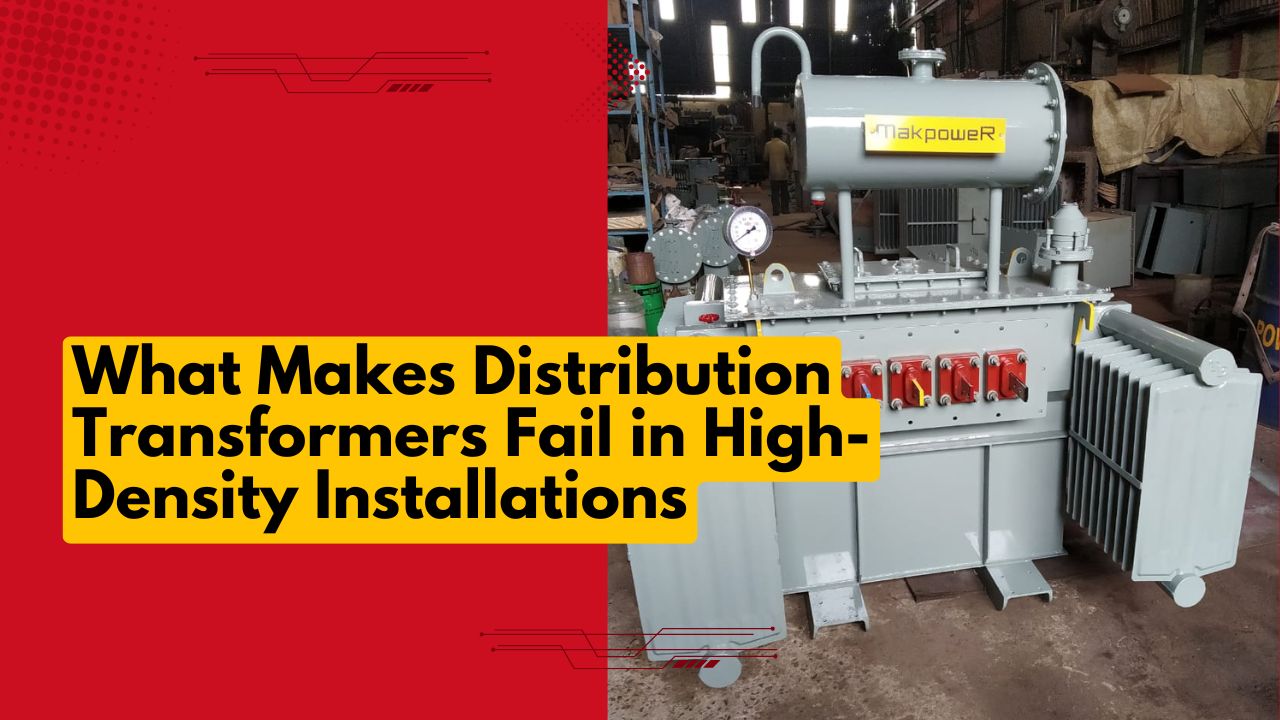

It starts out quiet. The transformer seems fine, at least on the surface. Then a few months in, something shifts.
A thermal relay trips for the second time. A technician notices a subtle hum change.
Small stuff—but persistent. That’s usually how failure begins in high-density zones.
Packed grids behave differently. And distribution transformers sitting in the middle of all that pressure? They don’t just manage load—they absorb everything the network throws at them.
The stress builds in ways that are easy to overlook until something gives.
It’s rarely one big load that causes the trouble. More often, it’s a dozen small additions.
One extra HVAC unit, a few new machines, another residential block pulling from the same line. Each seems harmless, but they pile on.
What catches many teams off guard is the way these cumulative shifts affect winding temperature.
The insulation that held up fine last year might now be operating too close to its thermal edge. And once that edge gets worn, performance dips follow fast.
Installations in basements, service alleys, or wall-mounted units in utility shafts share a common issue—poor airflow.
Heat doesn’t escape as it should. The radiators do less. Fins work harder. Everything stays just a little too warm, for a little too long.
Eventually, you get uneven temperatures across phases. That creates internal imbalance, even when the voltage looks fine from the outside.
Failures traced back to blocked vents or narrow clearances are more common than most folks admit.
Current runs hot in dense zones. Transformers there feed multi-feeder loops, and their terminals feel the effects first.
More load means more tightening cycles, more local heating at lugs and jumpers, and more wear on bushings.
Then come the cycles. Loads jump during peak hours, ease off at night, surge on weekends. These shifts stress every joint just a little more each time. It’s not the material that fails—it’s the repetition that slowly pries things loose.
That’s why choosing a reliable transformer manufacturer in India is critical—quality design and components can withstand these demanding load variations over time.
Designers size a transformer for a snapshot. But dense systems don’t stay in snapshots. They evolve. Loads grow in pieces. A block gets electrified. A warehouse turns into apartments.
The transformer stays the same, and suddenly it’s underpowered.
The mistake isn’t in the design. It’s in assuming that the original design still matches today’s reality. That’s why many failures feel sudden—when in fact, the warning signs were there for months.
One issue sparks another. That’s how close-knit networks behave. A downstream cable shorts, and the energy surge hits upstream transformers before the breaker even finishes opening.
Older windings or loose clamps absorb that jolt differently. Even if the damage is minor, repeated exposure to those kinds of events bends the internal structure just enough to set the stage for future failure.
And in tightly packed systems, fault energy has fewer paths to dissipate, concentrating stress exactly where the insulation or mechanical bracing is already working the hardest.
Transformers in tight, high-demand systems aren’t just working harder. They’re being asked to handle more variation, more heat, and more electrical noise—often all at once.
We’ve seen that failure rarely comes from one dramatic fault. It builds slowly, through layers of wear that accumulate over time.
At Makpower, we design and refurbish transformers with that in mind, especially for setups where space is limited and loads shift frequently.
In those conditions, it’s not just about capacity but also how well the transformer holds its shape under pressure, ride after ride. That’s what keeps the system steady when the grid around it keeps changing.